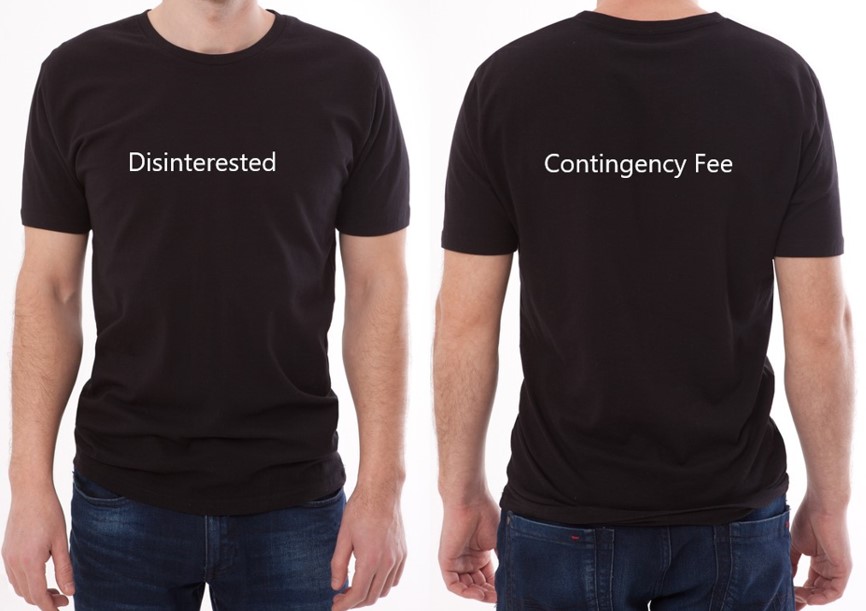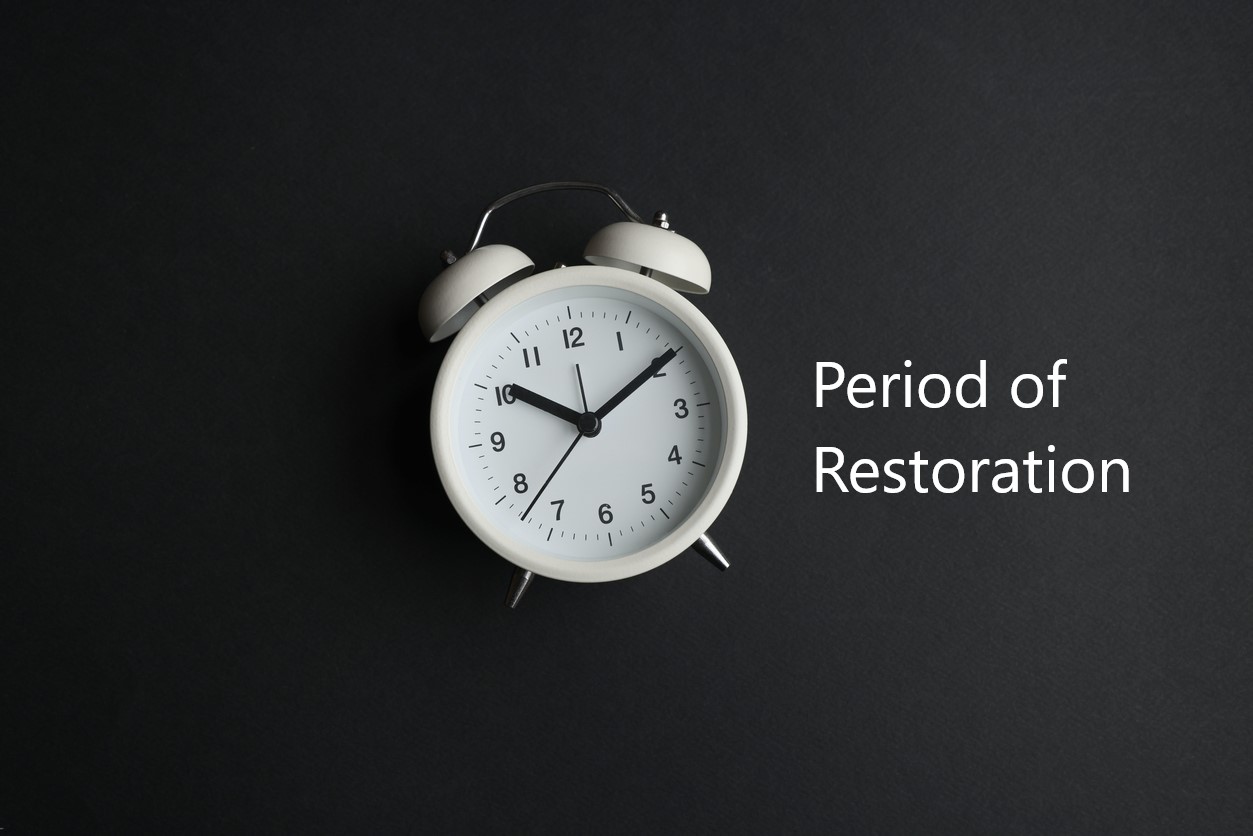(Note: This Guest Blog is by Tina Nicholson, an attorney with Merlin Law Group in the Houston, Texas, office. This is the seventh in a series she and fellow attorney Javier Delgado will be writing on Texas property insurance issues).
Since the Texas Supreme Court rendered its opinion in last summer’s landmark decision regarding insurance appraisals — State Farm Lloyds v. Johnson — the appraisal process has been in the legal spotlight. Last week, the United States District Court for the Southern District of Texas (Houston Division), interpreting Texas law, issued an opinion which outlined the factors that should be considered when deciding whether an insurer has waived its right to demand appraisal. In the case of Sanchez v. Property and Casualty Insurance Company of Hartford, 2010 U.S.Dist. LEXIS 6295 (Jan.27, 2010), the homeowner opposed the insurer’s invocation of the appraisal clause, asserting that the insurer had waived its right to appraisal.
The federal court cited an eighty-year-old Texas case, American Century Ins. Co. v. Terry, 26 S.W.2d 162 (Tex. 1930), regarding the factors to be considered. According to Sanchez and Terry, waiver of the right to appraise a loss can be established by the conduct of an insurer, including the following acts:
(a) parol waiver;
(b) refusal to appraise;
(c) denial of liability;
(d) failure to demand appraisal;
(e) actions inconsistent with intention to appraise;
(f) appointment of a prejudiced appraiser; and
(g) improper conduct during appraisement.
In Sanchez, the court analyzed whether the insurer had denied liability or had failed to demand appraisal in a timely manner. The court determined that the insurer had not unconditionally denied liability because it had accepted coverage for a very small amount of damage. Although the amount of the accepted damage was less than the deductible and did not result in any payment, the court ruled that the acceptance of any amount of damage constituted acceptance of liability. Consequently, the court decided that the insurer had not denied liability of the claim so as to constitute waiver of appraisal.
The court then examined whether the insurer had failed to timely demand appraisal. The court noted the rule that where the policy does not set a deadline by which appraisal must be invoked, the demand for appraisal must be made within a reasonable amount of time. Of course, the amount of time that would be “reasonable” would vary with the facts of each claim.
The homeowner, Sanchez, reported his Hurricane Ike claim in October 2008. On October 31, 2008, the insurer sent Sanchez a letter stating that, in the insurer’s opinion, the damage did not exceed the deductible. On November 1, 2008, Sanchez telephoned the adjuster and informed him that he, Sanchez, disputed the insurer’s evaluation of the loss. Approximately one year later, after Sanchez had filed a lawsuit against it, the insurer demanded appraisal. The court determined that the insurer had waived its right to appraisal by failing to timely demand it.
The insurer had protested that the delay was caused by its attempts to adjust and settle Sanchez’s claim. An insurer does not waive its right to demand appraisal while it is actively attempting to adjust the claim. The court noted in this case, however, that the insurer presented no evidence that it was actively attempting to adjust Sanchez’s claim during the six-month period between the November 1, 2008 telephone conversation and the filing of Sanchez’s lawsuit. Moreover, the insurer did not request appraisal until more than four months after Sanchez filed his lawsuit. The court ruled that the insurer had waived its right to appraisal by its failure to demand it in a timely manner.
Due to the strong public policy favoring insurance appraisals in Texas, as established in State Farm Lloyds v. Johnson, we are sure to see a continuing evolution of the case law concerning insurance appraisal. The insurance professional should read Sanchez carefully for guidance on any possible waiver of the right to demand appraisal.




